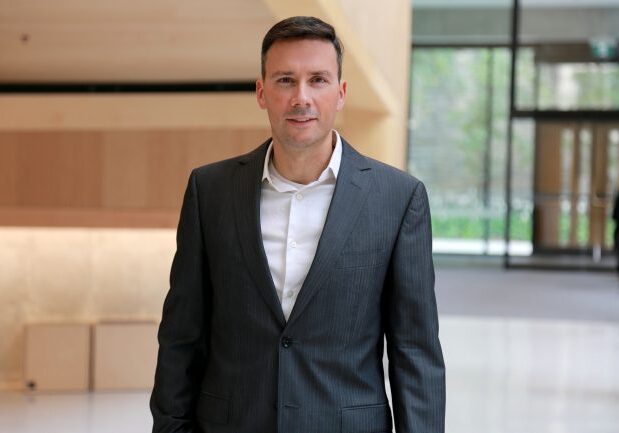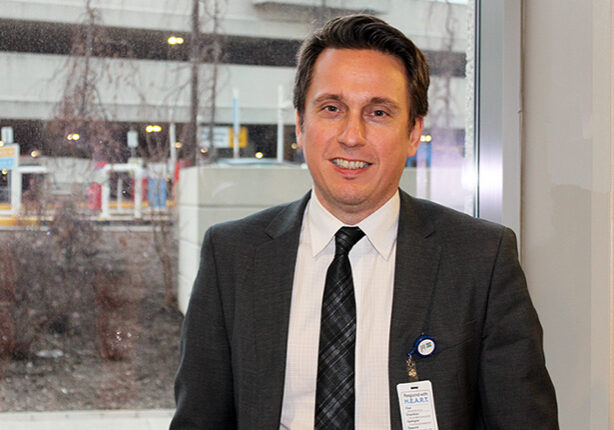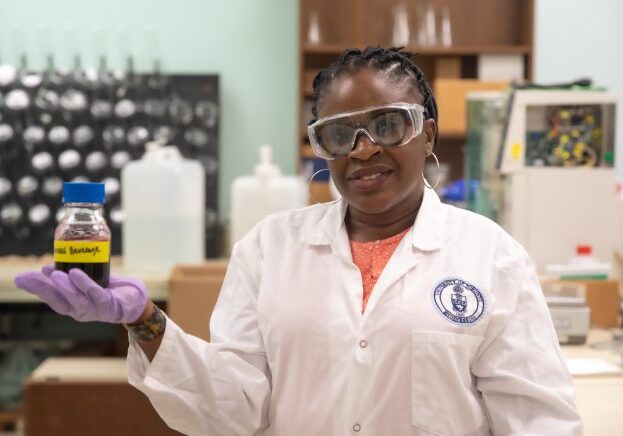
Fortified hibiscus beverage aims to reduce iron deficiency in sub-Saharan African women
Folake Oyewole (ChemE PhD candidate) is developing an approach to improve the iron intake and uptake of vulnerable groups through a popular Nigerian plant-based beverage
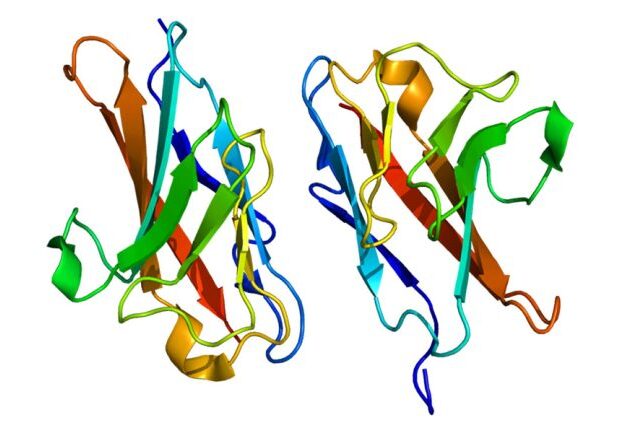
Seeing smaller than light: How an advanced microscopy technique can help in the fight against cancer and other diseases
Professor Chris Yip (ChemE/BME) and his team have developed a method for tagging and imaging cell surface components that are only a few nanometres apart
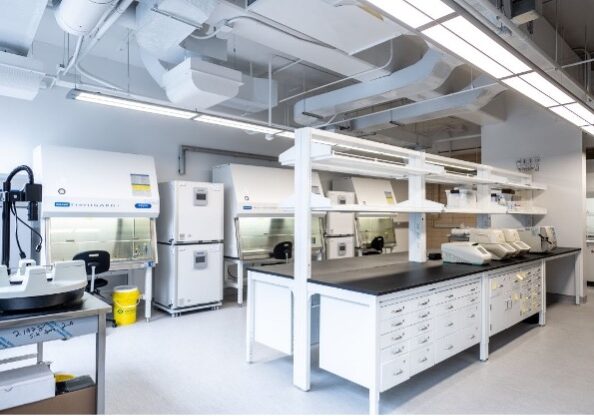
New CRAFT Tissue Foundry provides infrastructure dedicated to bioengineering innovation
The open research facility at U of T’s Mechanical Engineering Building is an expansion of the partnership between the University and the National Research Council of Canada
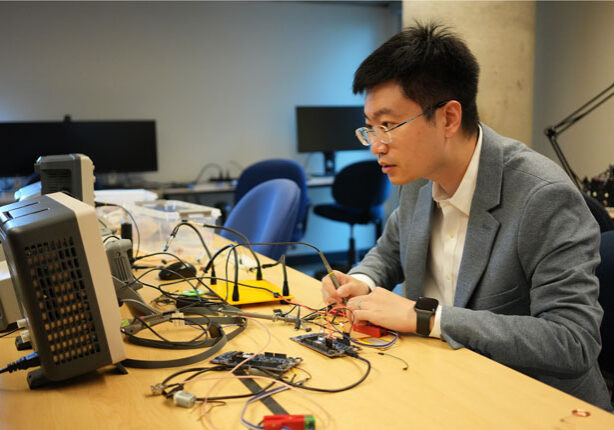
How this U of T Engineering professor is advancing neural implants that fight brain disorders
Professor Xilin Liu (ECE) integrates microelectronics and artificial intelligence algorithms into neural implants to more effectively manage symptoms of Parkinson’s, epilepsy and other conditions
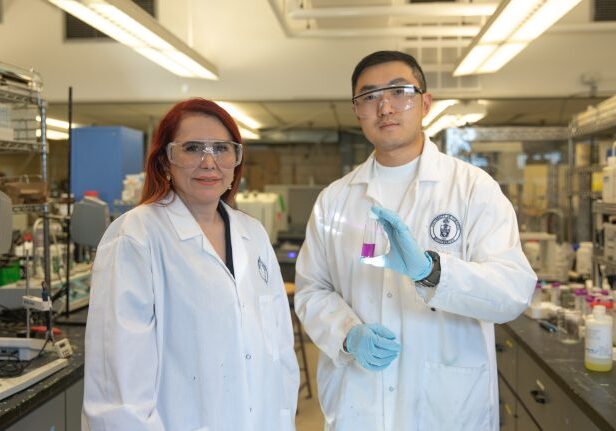
This new, more sustainable method for recycling lithium-ion batteries could help meet electric vehicle demand
U of T Engineering researchers are using supercritical carbon dioxide to recover lithium, cobalt, nickel and manganese from end-of-life lithium-ion batteries
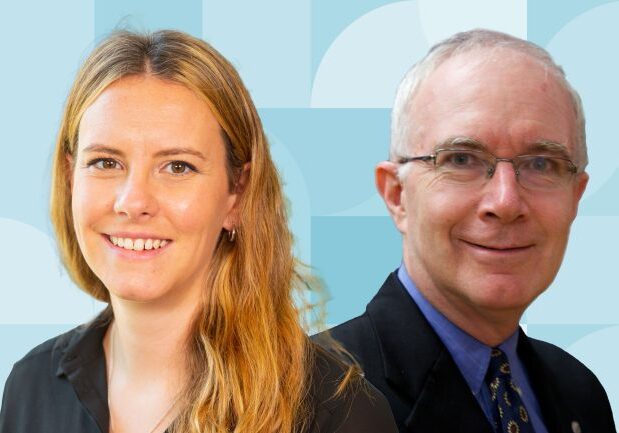
Paul Cadario Chair in Global Engineering will advance solutions for communities around the world
Professor Nicole Weckman (ISTEP, ChemE) has been appointed in inaugural chairholder
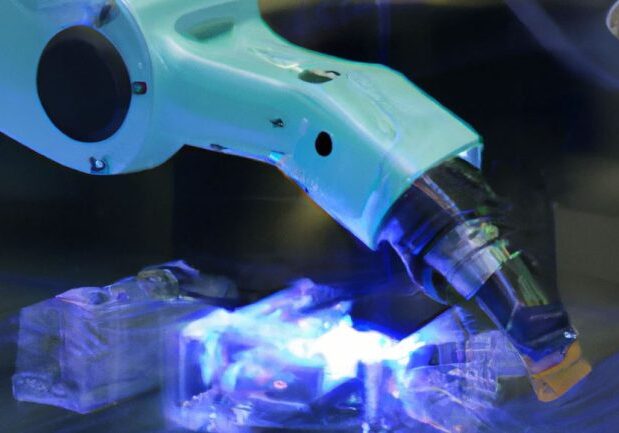
New ‘Sputtertron’ could help develop advanced materials for greener economy
A new materials-acceleration platform is one of four U of T Engineering projects funded in the latest round of the Canada Foundation for Innovation’s John R. Evans Leaders Fund

